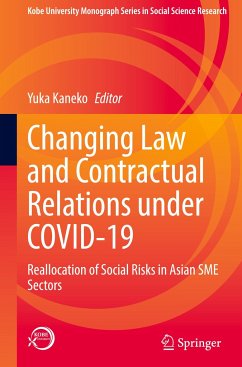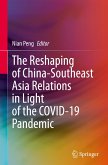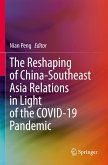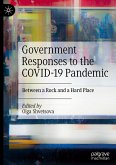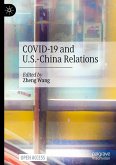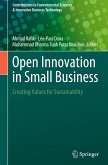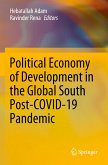COVID-19 has changed not only human lives since the beginning of the year 2020, but systems of human society as well. Legal measures have been employed in every country to mandate the state's control of human behavior in order to stop the pandemic. But the mode of legal control has differed by country, showing different results in terms of constraining the spread of infection. While the behavioral restrictions continue, the socio-economic impacts of the pandemic have been causing another catastrophe, particularly in the most vulnerable sectors of each society. Small and medium-sized enterprises (SMEs) are typical representatives of such vulnerable groups, compelled to assume the economic burdens of the pandemic that have been shifted from the larger economic actors that hold the advantage in contractual negotiations.
Statistical data on infection status have revealed a great gap between countries, such as European nations reaching the level of several thousand deaths per one hundred thousand population, while most Asian countries have maintained a level of one or two digits. Even though COVID-19 affects the whole world, the redistribution of risks in the pandemic is a goal to be pursued in the socio-cultural context of each society.
This book explores the law and social changes in Asian countries under the impact of COVID-19, with a particular focus on the social relations surrounding the SMEs. These form the center of contractual relations between various socio-economic actors and at the same time, are a direct counterpart of the governmental SME policies, peculiar to Asian interventionist governments. A comparative approach is taken, using the results of interview surveys based on structured questions conducted via research collaboration between the contributors from Japan as well as other Asian countries.
A comparative analysis of the risk redistribution in the pandemic between countries that share similar preconditions is still possibleand meaningful. The authors of this book hold the view that Asian countries have sufficient bases for international comparison, particularly on the risk reallocation in the SME sector, given the relatively well-controlled level of infection, presumably due to the similarity of cooperative social culture. Another basis for comparison is the similarity of the laws surrounding the business operation of SMEs since normal times, which makes it feasible to compare the difference in the pandemic. What risks should be reallocated between whom, and how?
Statistical data on infection status have revealed a great gap between countries, such as European nations reaching the level of several thousand deaths per one hundred thousand population, while most Asian countries have maintained a level of one or two digits. Even though COVID-19 affects the whole world, the redistribution of risks in the pandemic is a goal to be pursued in the socio-cultural context of each society.
This book explores the law and social changes in Asian countries under the impact of COVID-19, with a particular focus on the social relations surrounding the SMEs. These form the center of contractual relations between various socio-economic actors and at the same time, are a direct counterpart of the governmental SME policies, peculiar to Asian interventionist governments. A comparative approach is taken, using the results of interview surveys based on structured questions conducted via research collaboration between the contributors from Japan as well as other Asian countries.
A comparative analysis of the risk redistribution in the pandemic between countries that share similar preconditions is still possibleand meaningful. The authors of this book hold the view that Asian countries have sufficient bases for international comparison, particularly on the risk reallocation in the SME sector, given the relatively well-controlled level of infection, presumably due to the similarity of cooperative social culture. Another basis for comparison is the similarity of the laws surrounding the business operation of SMEs since normal times, which makes it feasible to compare the difference in the pandemic. What risks should be reallocated between whom, and how?
